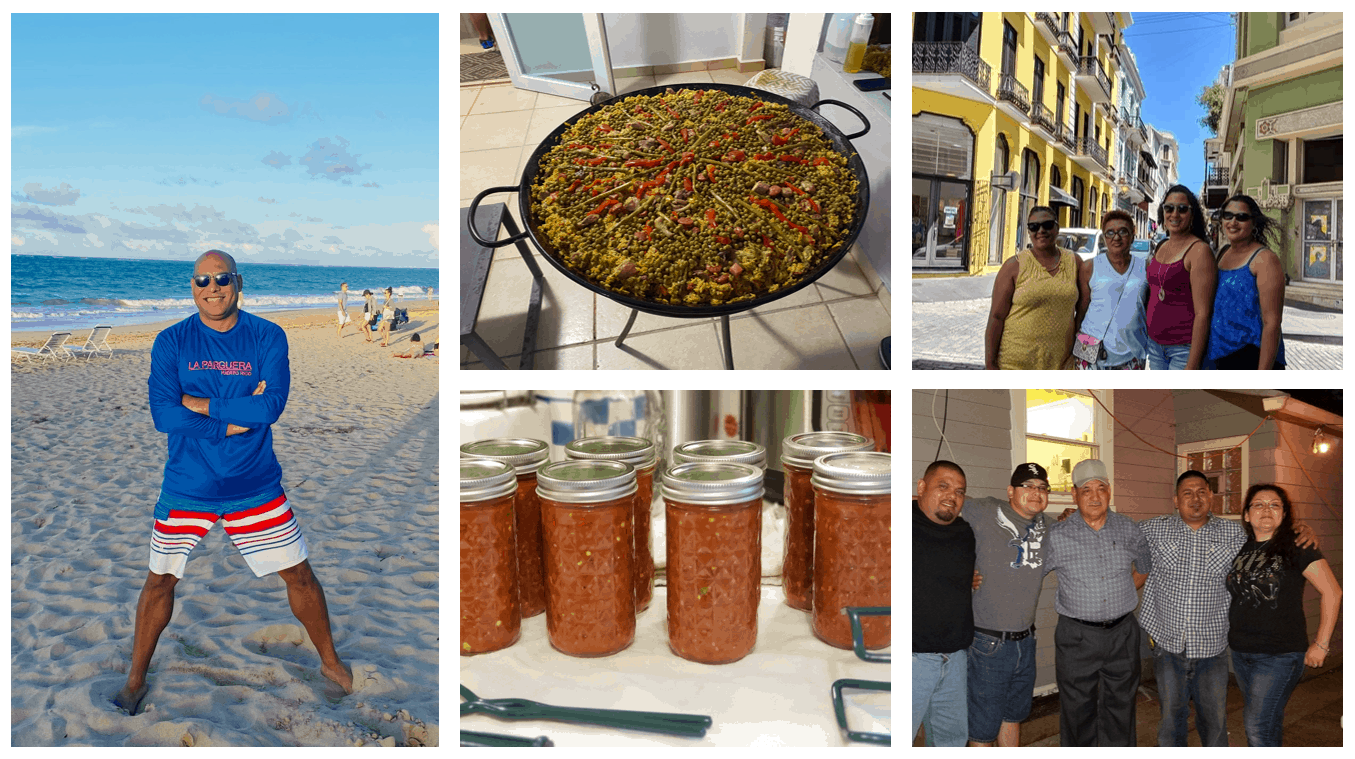Last month I had the pleasure of co-leading a session at the BUILD 2022 Virtual Conference: Building Systems, Improving Quality, Advancing Equity.
It was a joy to participate en una charla informal, a coffee talk, with my good friend, and colleague Miriam Calderon. We discussed and unpacked the strength and determination required to lift ourselves, our families, and our communities up in the unforgiving world of policy and politics.
BUILD has been a leader in providing spaces and opportunities for Latine professionals and leaders in the early childhood space to come together both informally and formally to talk and hear about what the Latine community wants and needs.
The Latine community is strong. We know that across this country it is Latinos and Latinas who pick, cook and serve our food, clean our houses and hotel rooms, care for our children, elderly and sick and are part of the backbone of the economy in countless ways.
As I joined with other Latine leaders throughout the week at BUILD and listened to their stories, I was stuck that today in 2022, many still talked about “imposter syndrome”, including me. I have had the privilege and opportunity to sit at many tables at the local, state, and national level but I am sure when I opened my mouth to share a recommendation or idea, there was some eye rolling in the room.
At Start Early, we share a commitment to racial equity and have been working diligently to provide individual staff with the support they need and want to grow and contribute to the early childhood field. For my part, I will be leading and providing a space for Latine individuals to participate in a mentoring circle where we will take time to understand our history as a community in the United States, our personal journeys and culture and how systems impact our progress as individuals and a community.
A common theme we explored was that we need mentorship – ongoing mentorship from people that look like us and understand our culture and values. As I have been reflecting on my own journey, it’s clear that each of has a responsibility to support and mentor the next generation of Latine leaders.
My hope is that through mentorship and in our daily work to change systems, Latine professionals and leaders will sit at any table and confidently speak their truth, represent the needs of their children and communities, despite the eye rolls.

